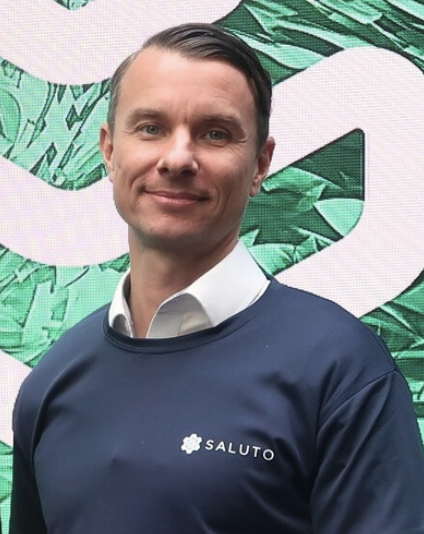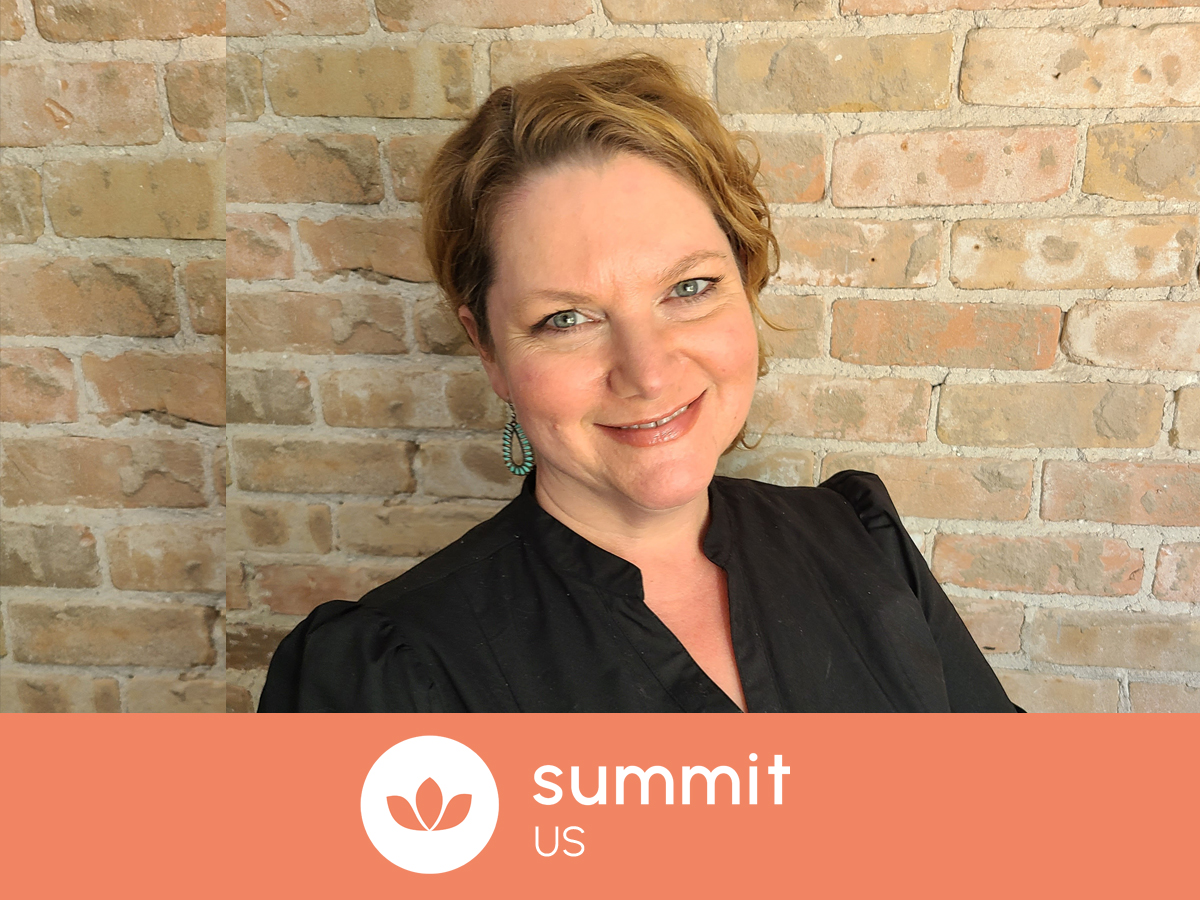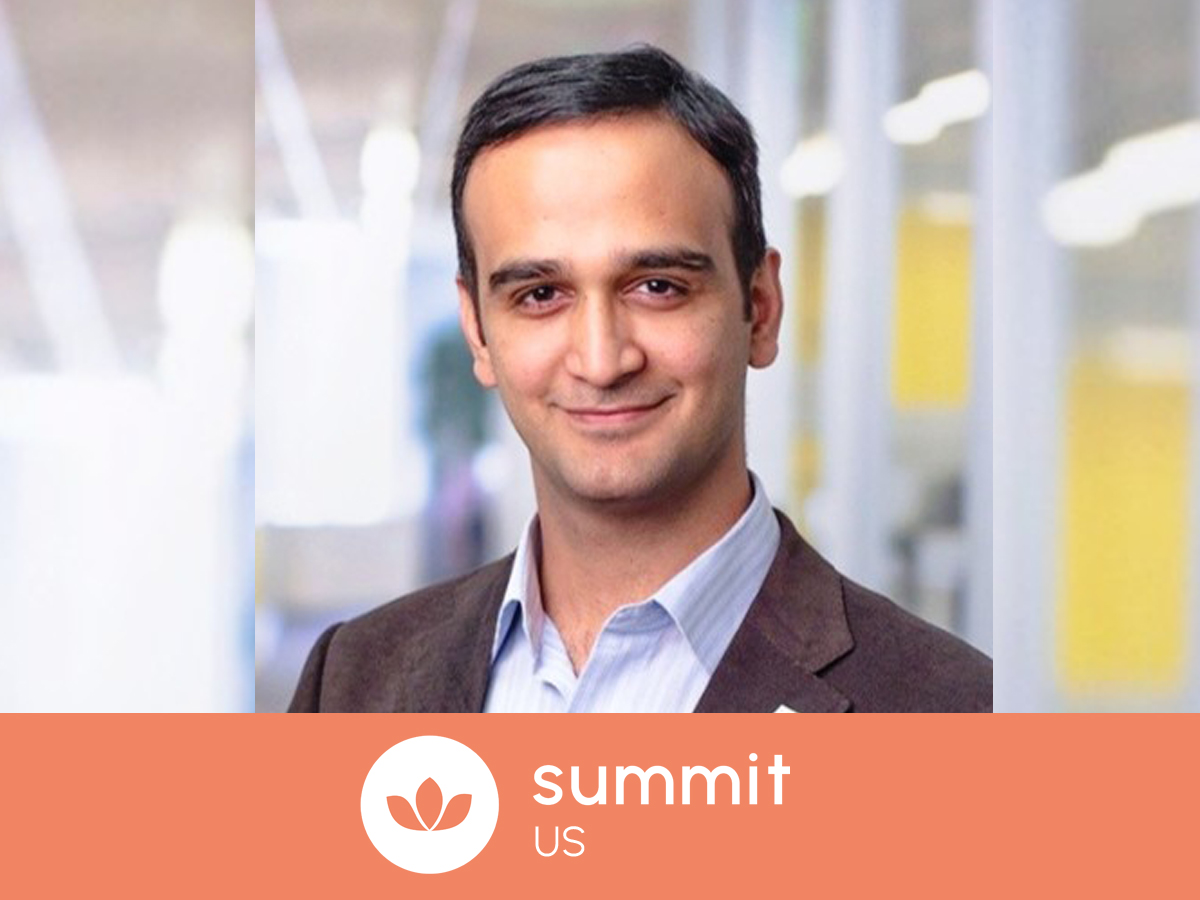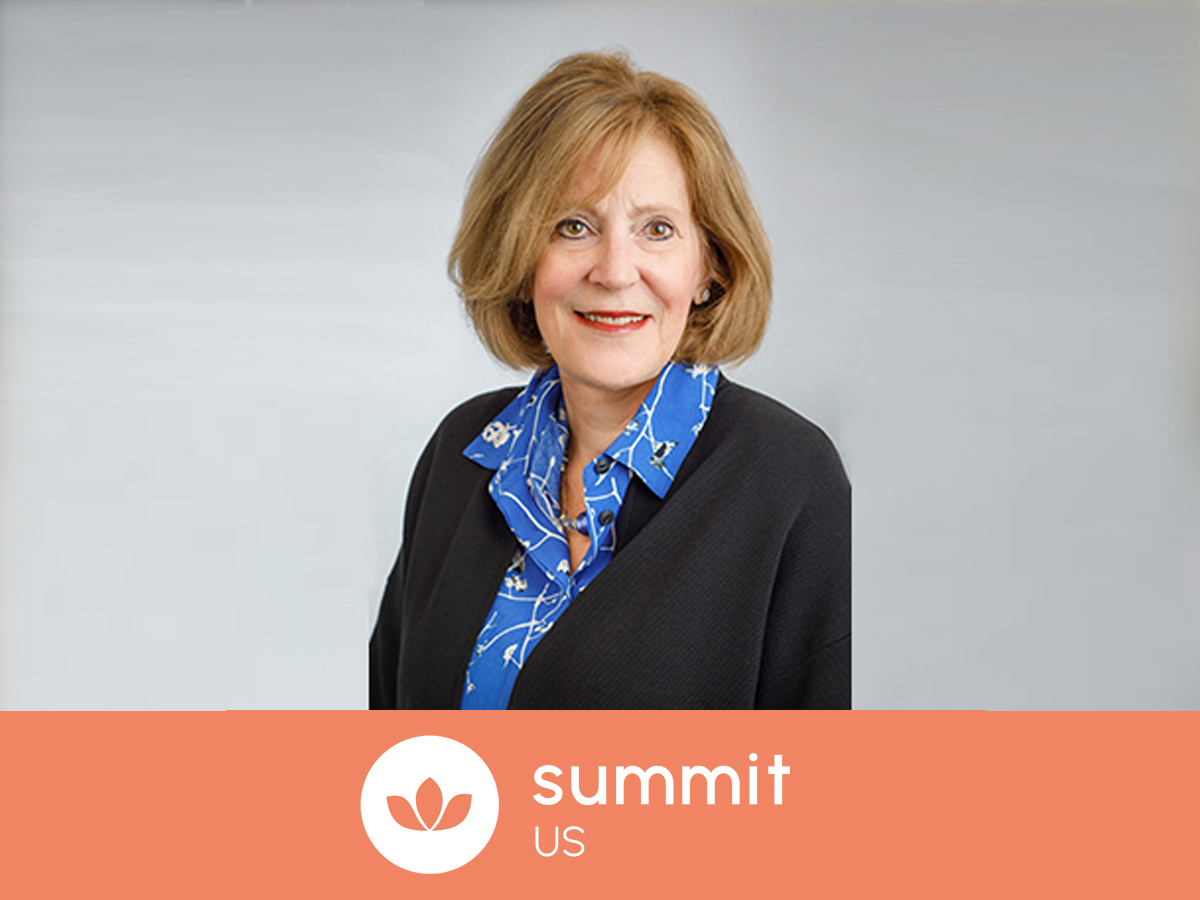
Peter is the CEO and founder of SALUTO, a company leveraging AI to advance preventive precision health. In addition to SALUTO, he has also the founder of Stella Polaris, an AI-consultancy building high-performing and explainable AI models. Prior to his entrepreneurial journey he worked with project management that furthered user centered and agile digitalization initiatives. He holds a Master of Science in engineering from the Royal Institute of Technology and biomedicine from Karolinska Institute. With over 20 years of experience in the AI field, Peter promotes public understanding and interest through his AI lectures at Folkuniversitetet.
We are delighted that Peter will be speaking in Stockholm as part of our Nordics summit. We caught up with him to find out how he’s feeling in the runup to the event.
Hi Peter, we are thrilled that you will be speaking at the Wellbeing at Work Nordics Summit in May. Our first and most important question is, how are you doing today?
Great – feeling energized by the sunlight finally coming back to our latitudes, the best part of the year when nature has the bright green hue and all of the summer is ahead of us.
As a leader based in the region, what are the main challenges you are facing when it comes to employee wellbeing and mental health?
Several things comes to mind, first I would say is the challenge of “investing” in the area preventively, i.e. before sick-leave and rehabilitation is necessary. The challenge is to overcome the abstract nature of these measures and trust that the employee engagement, productivity gains and wellbeing is actually worth it, even if its hard(er) to measure. Secondly the challenge is around the holistic aspect of wellbeing: mental health is not something that exist in isolations, but interacts on many levels with our physical and cognitive health.
What strategies have you seen developing over the past 6 months, both internally and externally, that are moving the dial on wellbeing in the workplace?
From a positive view I have heard and seen leaders starting to pay attention to their own health including from a point-of-view from prestige: (social) status is no longer so much about what kind of car you are driving, but more about how aware you are around the topic of health and lifespan.
Why is employee wellbeing so important to you personally?
I have seen close at hand how fragile each employees health the moment you take the time to actually have a deeper conversation about health, opening up your own challenges often leads to a deeper understanding that almost everyone is struggling at some point. I also experience the huge cognitive cost of not paying attention to your health in time: probably the major waste of time and talent when your health is lagging behind – which is critical for our knowledge based economy, but also in our personal lives in terms of fulfilment and a purpose led life.
What impact is AI having in your organisation and how are you managing that?
I contrast to many of the organisations around that (need) to claim they are working with AI, Saluto’s foundation is based on AI-models. So for us AI is not something we put on top of our products or only for (internal) efficiency, but rather at core of our customer value proposition – which is helping to interpret and monitor the individuals health data.
Other than AI, are there any challenges that you are seeing for the first time and how are you addressing them?
As mentioned, we see AI more as an enabler, rather than a challenge. But one consequence is for a data-intensive activity we need to be mindful of regulations as well as data governance. We welcome the increased awareness of cyber security and how to build it technically more safe, but we are also mindful of all the regulatory burdens that are asymmetrically impacting smaller, innovative enterprises compared to the larger incumbent players.
What areas do you think employers should be focused on over the next 12 months?
To dare to challenge the status quo. Rather than just seeing employee health as something to tick off in a box and continue with old measures, dare to try something new that goes beyond fulfilling (only) what the law requires of you as an employeer. Dare to give the employees tools and opportunities to proactively address both physical, cognitive and mental health.
Do you feel that investment in employee wellbeing in the region is increasing or decreasing and is that a direct reflection on HR leaders’ increasing ability to demonstrate effective returns of their strategies to leadership?
My feeling is that the pandemic was a wake up call of how important health is overall – combining this with the broader awareness of AI we are in a better position to start driving health initiatives from an ROI perspective
How has your organisation been leading the way?
By building and delivering a market leading platform for interpretation of health data from a proactive perspective: balancing the need for individualized assessment with the need for scalability and engagement over time
Peter will be speaking in Stockholm at the Wellbeing at Work Summit Nordics which takes place in Stockholm on 20th May and virtually on 21st May. Further details on the Summit and tickets can be found here.



